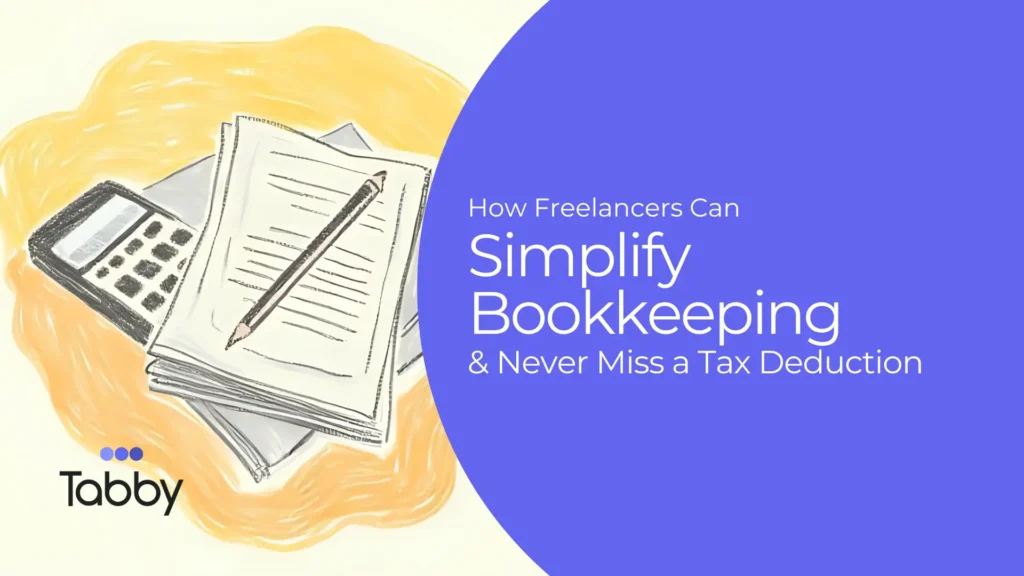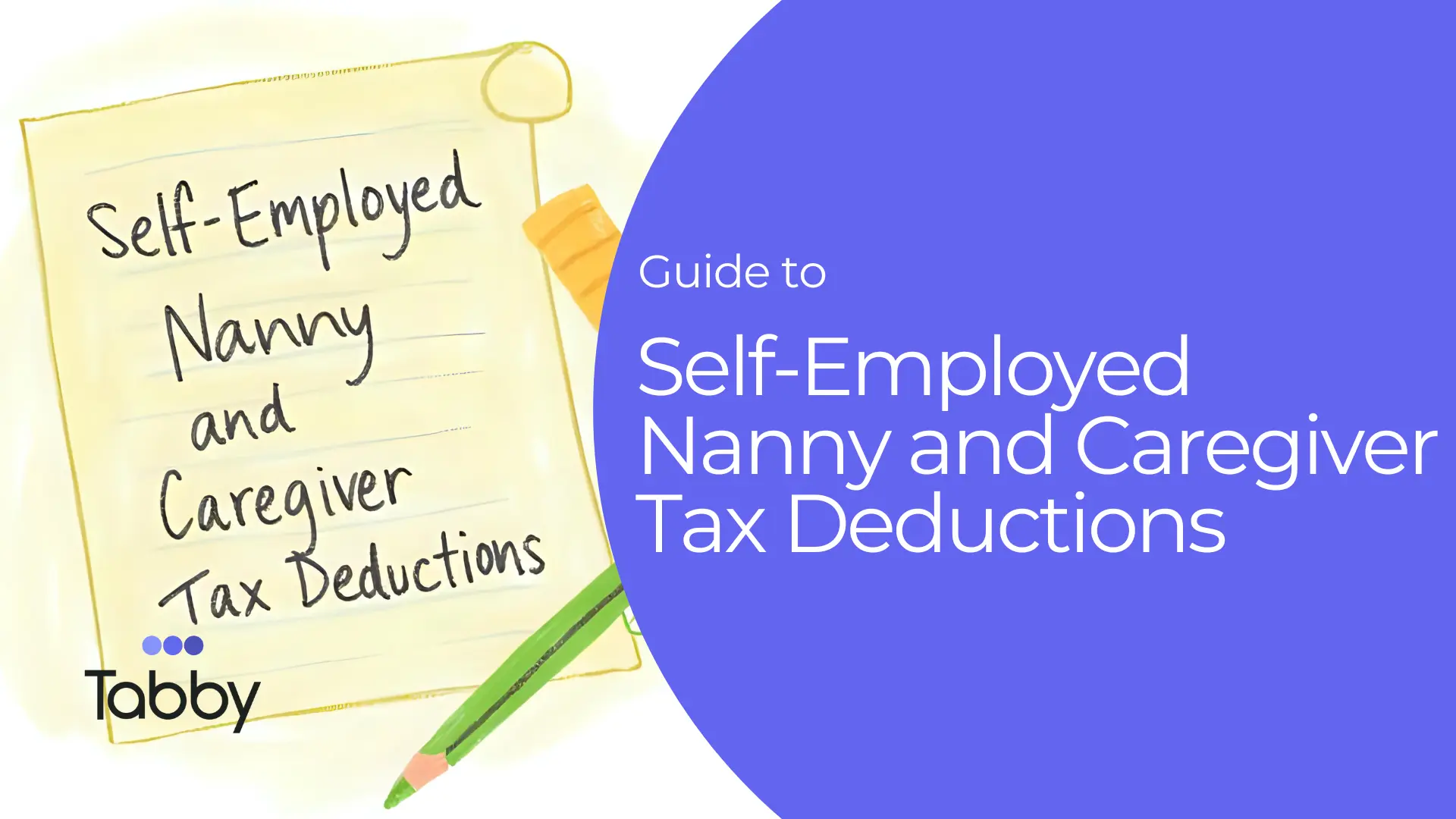If you’re a freelancer, chances are you’re juggling a lot of client calls, project deadlines, invoices, and maybe even the occasional late-night coffee. With so much going on, bookkeeping often takes a backseat. But here’s the thing: staying on top of your finances isn’t optional. It’s essential.
Good bookkeeping helps you stay financially stable, avoid tax headaches, and make sure you’re claiming every deduction you deserve. Missing even small write-offs can cost you hundreds, sometimes thousands, of dollars each year.
The good news? Managing your books doesn’t have to be hard. Here’s how you can simplify the process and never miss a deduction again.
Steps of How Freelancers Can Simplify Bookkeeping
1. Separate Business and Personal Finances
This one’s non-negotiable. Mixing personal and business money is one of the biggest mistakes freelancers make.
Open a dedicated business bank account and get a separate credit card for your freelance expenses. This makes it super easy to track your income and spending, simplifies tax filing, and keeps you out of trouble if the IRS ever takes a closer look.
2. Use Accounting Software (or Let AI Handle It)
Manual bookkeeping is time-consuming and error-prone. Instead, use an AI-powered accounting tool that can automatically categorize your expenses, track income, and generate reports for you.
With automation doing the heavy lifting, you’ll reduce the risk of mistakes and free up time to focus on your actual work, not spreadsheets.
3. Track Every Business Expense
You can only deduct what you track. So, document everything that’s related to your freelance work.
Common deductible expenses include:
- Home office costs (if you work from home)
- Internet and phone bills (the business portion)
- Software subscriptions (like design tools or project management apps)
- Travel and client meals
- Marketing and advertising costs
- Professional development (courses, books, certifications)
Keep records for all of these so you don’t miss out on valuable write-offs.
4. Automate Expense Tracking
Forget about saving piles of paper receipts. Use a bookkeeping app that syncs with your bank accounts and automatically categorizes transactions.
Many tools even let you snap a quick photo of a receipt and store it digitally. The app handles the rest, tracking and organizing everything in real-time.
5. Set Aside Money for Taxes
Unlike traditional employees, freelancers don’t have taxes automatically deducted. That means it’s up to you to save for quarterly tax payments.
A simple rule: set aside 25–30% of every payment you receive. That way, you won’t face a nasty surprise come tax season.
6. Work with a Tax Professional (or Smart AI Software)
Even with great bookkeeping habits, it’s worth consulting a tax expert, especially if your income fluctuates. They can help you identify deductions you might have missed and make sure you’re fully compliant.
Alternatively, modern AI-powered tax software can analyze your records and suggest deductions automatically.
7. Review Your Finances Regularly
Take some time each month to review your income, expenses, and outstanding invoices. It’s a simple habit that prevents surprises, keeps your cash flow healthy, and helps you make smarter financial decisions throughout the year. Bookkeeping doesn’t have to be overwhelming. With the right tools and systems in place, you can stay organized, maximize your deductions, and keep your finances stress-free.
AI-powered tools like Tabby make this even easier by automating expense tracking, categorizing transactions, and keeping your books accurate all in one place.
So stop stressing over spreadsheets. Start simplifying your finances. Use Tabby and make bookkeeping effortless.



